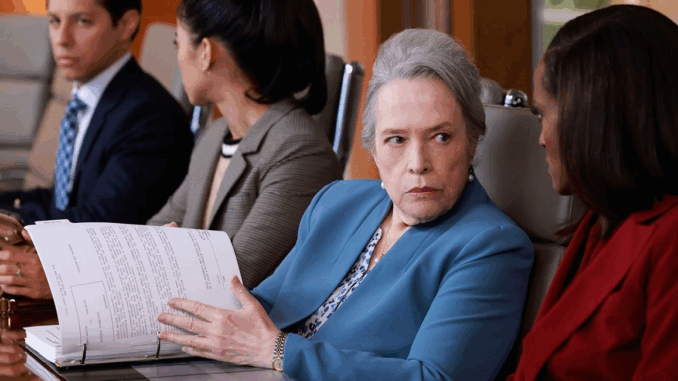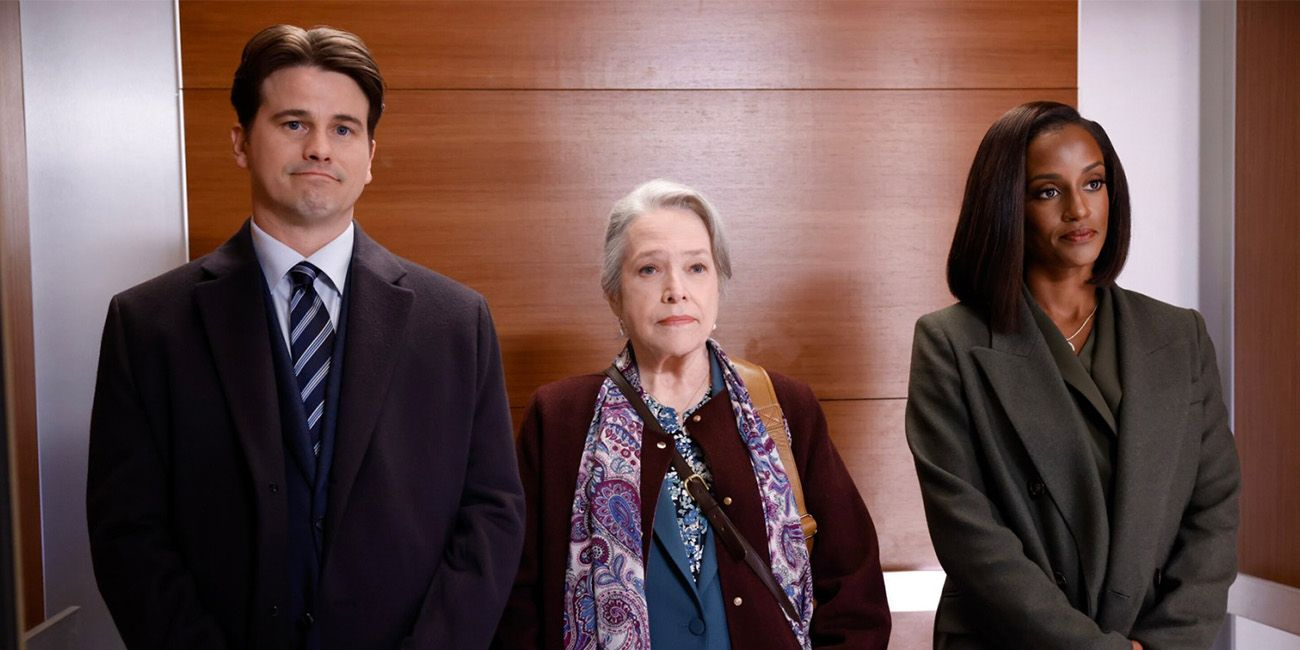
Reinventing the Legal Genre
When Matlock first aired, television had already seen its share of legal dramas—from the stiff formalities of Perry Mason to the more procedural tone of Law & Order just a few years later. But Matlock brought something different to the courtroom: personality. Andy Griffith’s portrayal of Ben Matlock wasn’t just another TV lawyer winning cases; he made legal work human, humorous, and at times surprisingly heartfelt.
The show’s unique formula—blending detective work, small-town values, and courtroom drama—set it apart in a genre often defined by dry procedures and stern monologues. In doing so, Matlock created a model that later legal shows would subtly mimic.
A Lawyer Who Listened
What made Matlock stand out from other TV lawyers was his style. He didn’t rely solely on cross-examinations or flashy objections. Instead, he spent time talking to people—clients, witnesses, suspects. He observed body language, inconsistencies, and personality quirks. His style was more Colombo than courtroom pit bull.
In many episodes, Matlock would solve the mystery outside the courtroom before ever stepping inside. That emphasis on intuition, humanity, and social skills gave the show a fresh angle. It made the lawyer less of a legal machine and more of a relatable figure—someone who fought for the truth with common sense and heart.
Building Suspense Through Simplicity
Where many legal dramas get bogged down in jargon or complex legal maneuvering, Matlock kept things simple—but not simplistic. Each episode had a clear arc: a crime, a suspect, an investigation, and the final twist. This structure helped keep viewers engaged without making them feel lost or overwhelmed.
What elevated the show was its ability to create suspense through character interactions. A suspect sweating during an innocent question. A witness stammering when recalling an event. These quiet moments, often delivered with subtlety by Griffith, carried more tension than any courtroom outburst.
An Unlikely Hero

Ben Matlock didn’t look like a typical TV hero. He was older, wore plain gray suits, and wasn’t particularly suave. He wasn’t slick or trendy. And yet, that’s exactly what made him stand out. He represented a different kind of strength—one rooted in patience, wisdom, and perseverance.
This unlikely hero made viewers believe that decency and thoughtfulness still had a place in high-stakes environments. He wasn’t chasing headlines or big wins; he just wanted justice.
Impact on Later Legal Dramas
Though Matlock was sometimes viewed as “old-fashioned,” its influence can be felt in more modern legal shows. The emphasis on character-driven storytelling, moral clarity, and client empathy appears in series like The Good Wife, Boston Legal, and even the emotionally rich episodes of Suits.
What those shows borrowed—perhaps unconsciously—was Matlock’s understanding that audiences don’t just want to see who wins the case. They want to understand why it matters.
A Show That Still Holds Up
Rewatching Matlock today reveals a series that remains remarkably relevant. In an age of anti-heroes and gray morality, Matlock’s firm sense of right and wrong offers something almost radical: clarity. The show’s rhythm, from its slow-building investigations to its signature courtroom confrontations, feels deliberate and confident.
And while technology and storytelling styles have evolved, Matlock’s core—its belief in character, integrity, and listening—still feels powerful.
